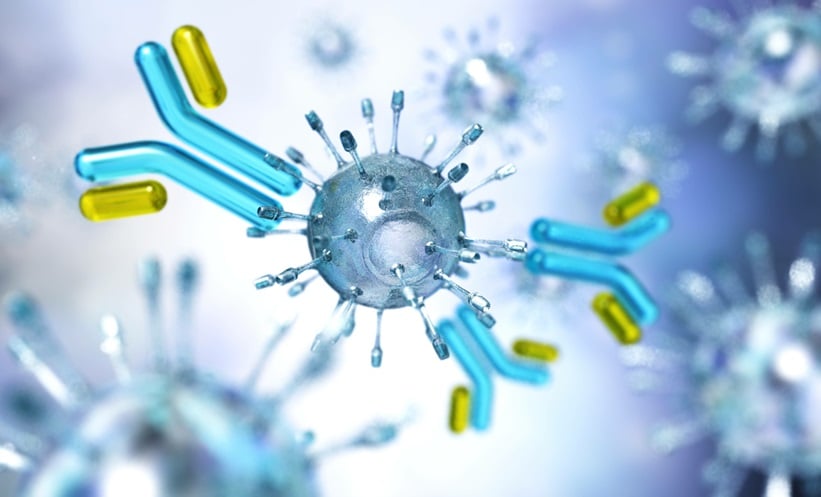A GROUNDBREAKING study presented at the United European Gastroenterology (UEG) Week 2024 has identified distinct antibody responses in Crohn’s disease (CD) and ulcerative colitis (UC) that occur years before the disease is diagnosed. This finding could mark a crucial step towards developing preventive strategies for inflammatory bowel disease (IBD), a chronic, debilitating condition that currently requires lifelong medical treatment or surgery.
IBD is characterised by complex immunological changes, yet the specific antibody patterns involved in the early stages of disease remain elusive. While over 300 IBD-specific antibodies have been identified to-date, this study aimed to provide an in-depth profile of systemic antibody responses before and after IBD onset. By focusing on preclinical biomarkers, the authors hoped to shift the treatment paradigm from managing established disease to preventing its onset, an approach that has shown success in other autoimmune conditions like rheumatoid arthritis and Type 1 diabetes.
The research, part of the Lifelines Cohort Study in the Netherlands, involved 167,000 participants. The study identified 178 individuals who developed IBD during a median follow-up time until diagnosis of 3.9 years. Most individuals developed UC (n=123, 69.1%), followed by CD (n=44, 24.7%), and undetermined IBD (n=11, 6.2%). Using a cutting-edge technique known as phage-display immunoprecipitation sequencing, the researchers profiled antibody responses against 344,000 antigens, including microbial, food, and immune antigens.
A total of 5,174 antibody responses were observed in 5–95% of participants. Notably, 59 antibodies were found to differ significantly between pre- and post-diagnosis stages, with 14 antibody signatures previously reported in established IBD. Following diagnosis, patients with IBD showed reduced antibody responses against Epstein-Barr virus-associated peptides, such as Epstein-Barr nuclear antigen-1 and capsid protein V26, as well as reduced antibody responses against varicella-zoster virus, herpes simplex virus type 1, and noroviruses.
In contrast, individuals who developed CD exhibited increased pre-diagnostic responses to bacterial flagellins (notably from Lachnospiraceae and pathogenic Legionella bacteria). Patients with UC showed elevated antibody responses to viral (human adenovirus C, enteroviruses B/C) and bacterial (pneumococcal histidine triad proteins) pathogenic species post-diagnosis compared to pre-diagnosis.
This research represents the first comprehensive, high-resolution analysis of antibody changes during the transition from preclinical to established IBD, offering a potential avenue for early detection and prevention of CD and UC.
Ada Enesco, EMJ
Reference
Bourgonje AR et al. Crohn’s disease and ulcerative colitis exhibit pre-diagnostic antibody signatures with shared and divergent changes towards disease onset. OP001. UEG Week 2024, 12–15 October, 2024.








